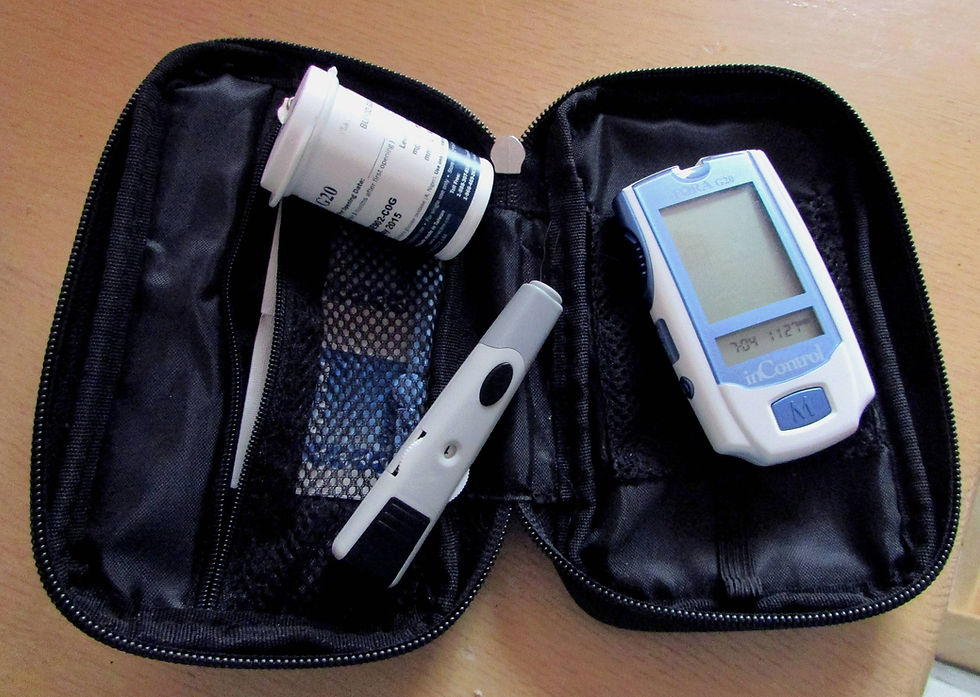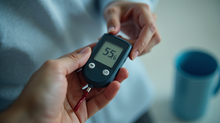Back to the basics: Diabetes and Hypoglycemia
- Maureen Sullivan
- Aug 1, 2021
- 2 min read
Hypoglycemia is defined as blood glucose levels less than 70mg/dl, although reactions to low glucose levels are very individualized; many people with glucose levels below 70mg/dl may not experience any symptoms of hypoglycemia. Hypoglycemia can become a medical emergency if not treated in a timely fashion.
In general, symptoms of hypoglycemia may include any of the following:
· Feeling shaky, nervous or anxious
· Feeling weak, with no energy
· Headaches, blurred vision, problems with coordination
· Sweating, chills, clamminess and fast heart rates
· Irritability or impatience, nausea, hunger
Causes of hypoglycemia may include any of the following:
· Side effect of medication (including nondiabetic medications)
· Inappropriate timing of medication (in relationship to food intake)
· Skipped meals or inappropriate carbohydrate and calorie intake
· Increased physical activity without eating beforehand
· Excessive alcohol consumption
Treatment of hypoglycemia:
If the person is conscious and responsive, have them eat easily digestible carbohydrates. Known as the Rule of 15, you should administer 15 grams of carbohydrate, wait 15 minutes, and check the glucose level, and repeat x 1 if necessary.
15 grams of carbohydrate include any of the following food /fluid sources:
· 4 ounces of juice or regular soda
· 1 tablespoon of honey
· 1 tablespoon of sugar
· 4-5 saltine crackers
· 3-4 pieces of hard candy or glucose tablets
If the person if unconscious, do not attempt to administer oral food or fluids due to the risk of aspiration (choking). Instead, administer glucagon injection (prefilled syringes in a kit) if available. Glucagon increases blood glucose levels. Emergency services should also be notified.
Treatment of hypoglycemia, long term, should include appropriate diabetes education on meal planning, activity recommendations, and medication effects/side effects.
Hypoglycemia unawareness is a complication of diabetes in which the person is unaware of a deep drop in blood glucose levels. There are several possible causes of hypoglycemia unawareness, including underlying nerve damage that affects a body’s response to low glucose levels.
Hypoglycemia unawareness can result in prolonged exposure to hypoglycemia, resulting in a seizure, loss of consciousness, or brain damage. The development of hypoglycemia unawareness also makes intensified blood glucose control more difficult and puts the patient at risk for severe hypoglycemia-related complications.
Symptoms of (untreated) hypoglycemia unawareness may include all of the symptoms of severe low blood glucose levels:
Confusion
Seizures
Unconsciousness
Coma
Treatment of suspected hypoglycemia unawareness will include a review of diet, activity, and medication effects/side effects. Many patients are then put on continuous glucose monitoring to assess 24-hour glucose stability (patterns) and the need for adjustments in medication.
For more information:




































Comments